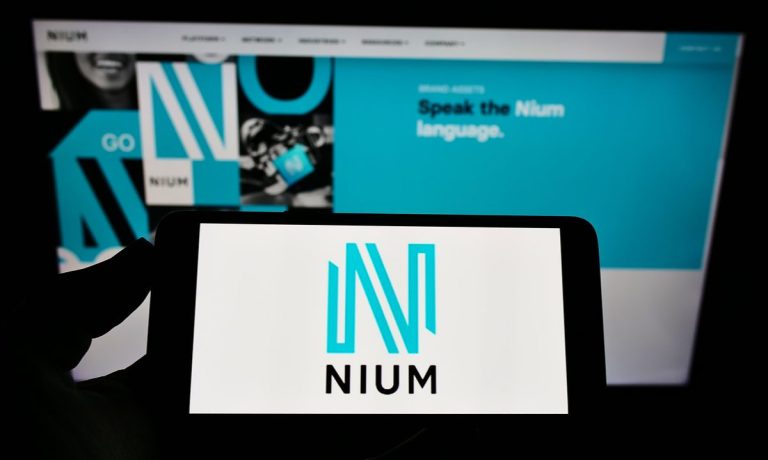Nium Launches SWIFT Brokerage Payment Alternative

Global payments firm Nium debuted a brokerage payment tool Wednesday (March 16) that’s designed to serve as a faster and cheaper alternative to the SWIFT payments network.
“Global brokerage firms are seeing increased retail investor interest in overseas equities markets, particularly in the United States,” the company said in a news release. “Until now, transaction settlement for financial institutions serving these brokerages over legacy payment networks was costly and slow.”
Based in Singapore, Nium offers global payments and card issuance solutions and conducts payouts for businesses in more than 190 countries and 100+ local currencies.
Nium says its new product gives financial institutions (FIs) an opportunity to lower costs, with no need for its customers to add technological integrations. Frederick Crosby, Nium’s chief revenue officer, says the tool allows retail customers to “invest in U.S. equities, fast and simple.” FIs can either pass the savings to their customers or reinvest that money in their business.
The company says FIs using the tool can save up to 90% on each transfer and attract new customers, while also lowering the friction associated with investing in U.S. markets as an international investor.
Read more: Why Removing Russia From SWIFT Won’t Be Simple
The SWIFT (Society for Worldwide Interbank Financial Telecommunications) messaging system has been in the news a lot recently due to international sanctions against Russia over its invasion of Ukraine.
Part of those sanctions include removing Russian from the network, connecting more than 11,000 financial institutions worldwide. Barring a nation from the network would essentially cut them off from much of the financial world.
See also: Singapore Issues Financial Sanctions on Russia
Nium’s home country of Singapore joined in the sanctions against Russia on Monday, with its central bank, the Monetary Authority of Singapore (MAS), prohibiting any transactions that could help Russia circumvent the sanctions.
“These measures apply to all financial institutions in Singapore, including banks, finance companies, insurers, capital markets intermediaries, securities exchanges, and payment service providers,” MAS said in a statement.